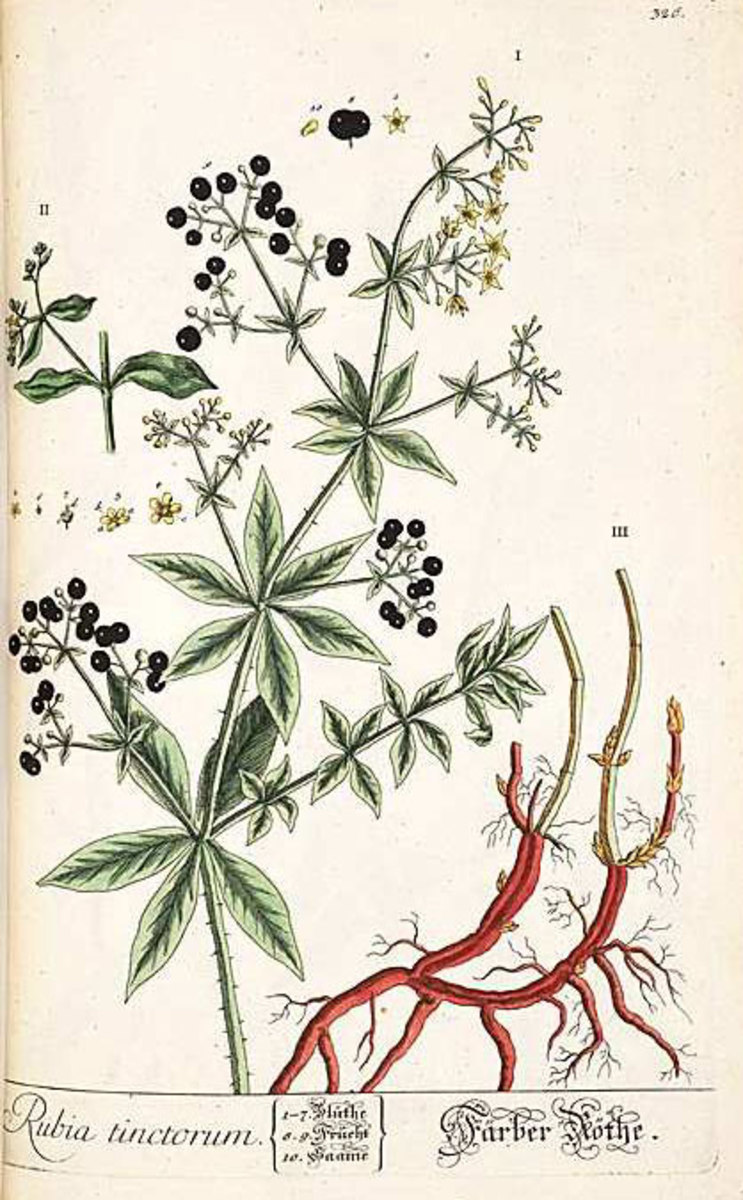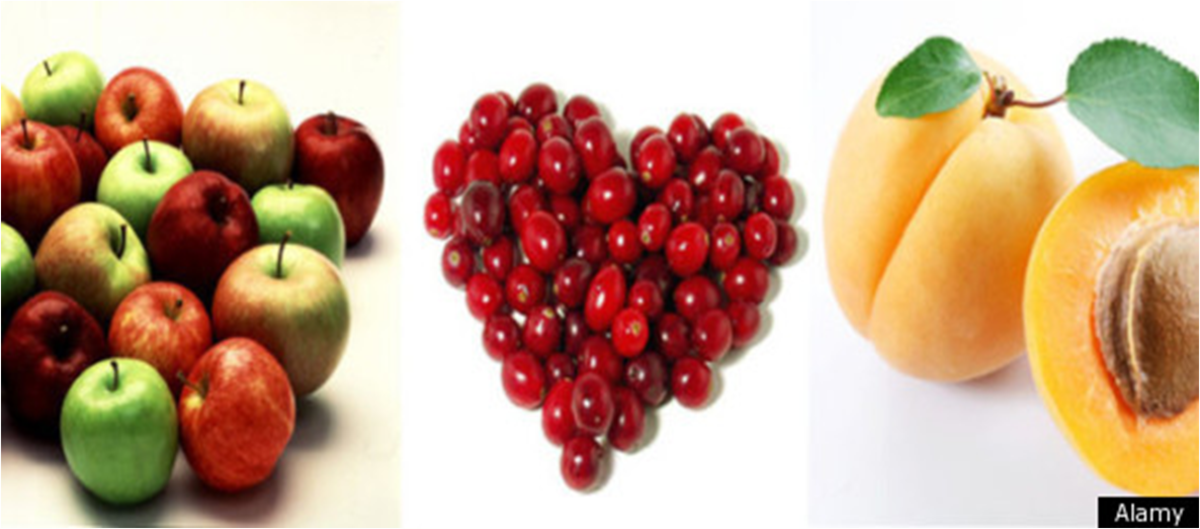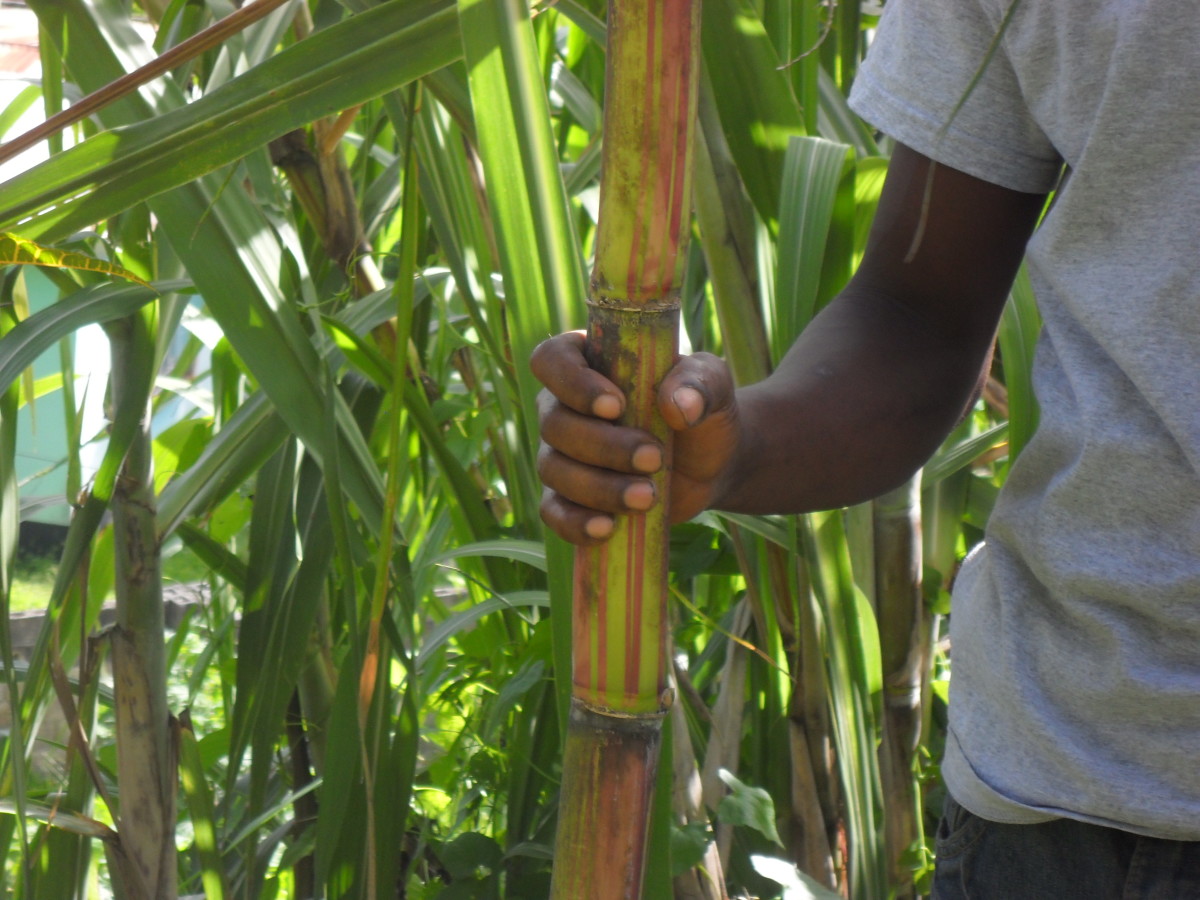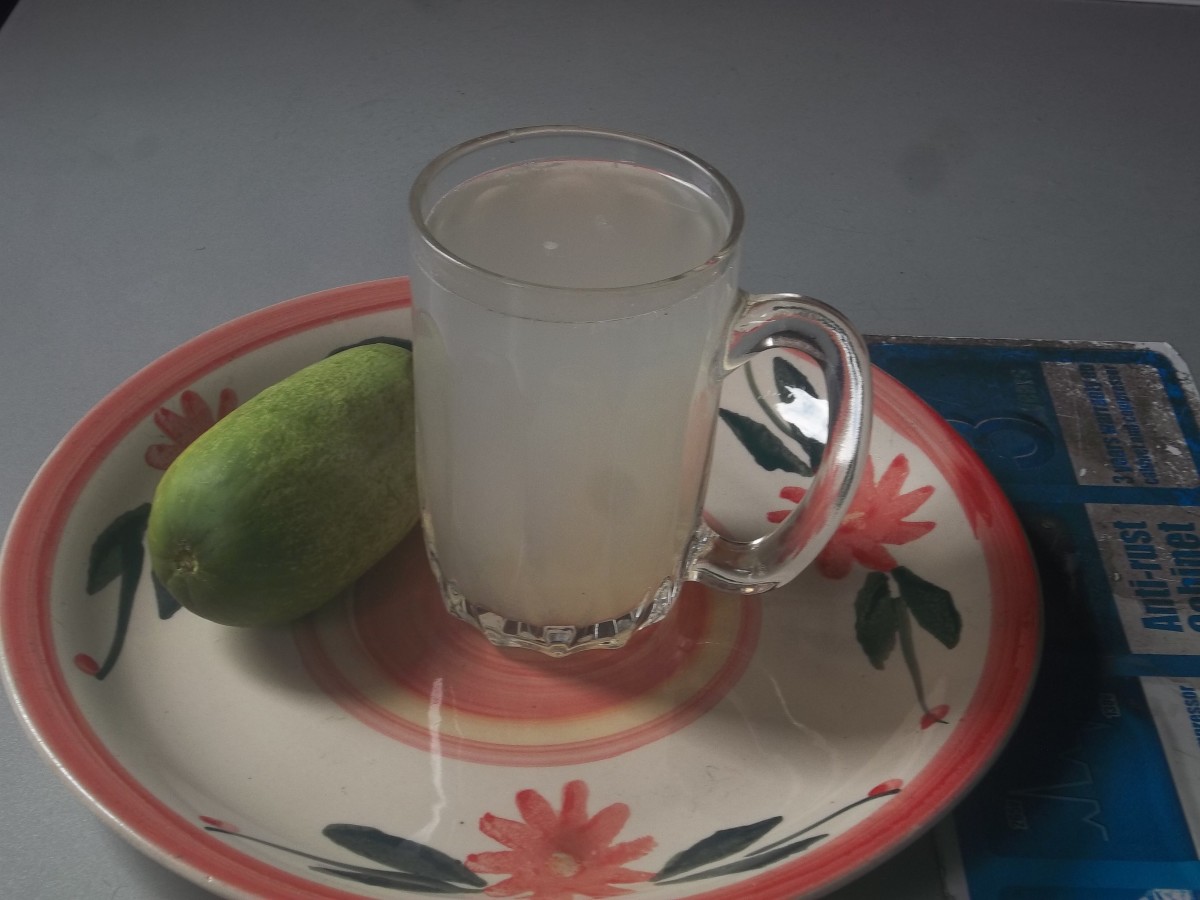What is Sugar?
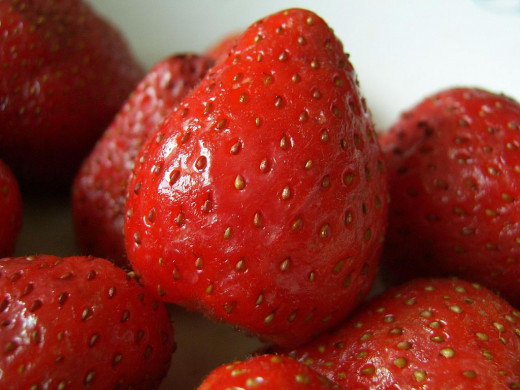
My Relationship with Sugar
For me to say, "I adore sugar!" is an understatement. As a young child, I remember eating strawberries with my grandfather for the first time; I was around four years old. I remember the fruit was almost ripe and very tart; I made a sour face. My grandpa then sprinkled another strawberry with a spoonful of table sugar and told me to try it again. Cautiously, I took a tiny bite, it was delicious! I greedily devoured several more. This was the beginning of my very personal, lifelong relationship with sugar and sweetness.
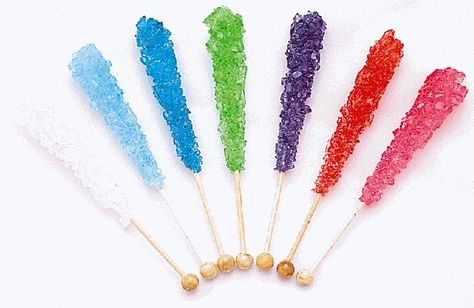
What Sugar Is
A sugar molecule is a sweet, crystalline substance that is made up of hydrogen, carbon, and oxygen; it is classified as a carbohydrate. Table sugar is a sucrose molecule, meaning that it is made up of two simple sugars that are bound together. These sugars are fructose and glucose, and are broken down when submerged under water, because sugar is soluble.1
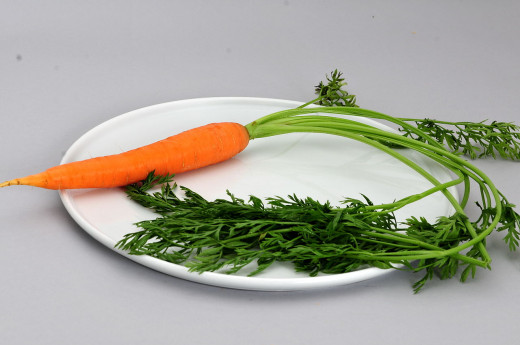
Sugar Types
Type
| Source
|
|---|---|
Fructose
| Fruits and Honey
|
Galactose
| Milk and Dairy
|
Glucose
| Honey, Fruits, and Vegetables
|
Lactose
| Milk (product of glucose and galactose)
|
Maltose
| Barley
|
Sucrose
| Plants (product of glucose and fructose)
|
Xylose
| Wood, Straw
|
See citation 4
The Different Sources of Sugar
Sugar is everywhere, naturally and synthetically. Natural sources (no sugar added) can be found in everyday foods such as apples, carrots, grapes, bananas, milk, and even whole grain bread.
We don't only consume sugar in it's natural form. Sugar may be extracted from the sugarcane, the sugar beet, the date palm, the sorghum, and the maple tree, to be processed and added to our foods and drinks for flavor.4
Sugar is highly addictive; according to the National Library of Medicine, recent findings show that the sweetness of sugar may induce reward cravings that are comparable to addictive drugs like cocaine.
How Sugar Affects the Body
Sugar isn't all bad. In fact, the body relies on sugar to help fuel the nervous system. When sugar is broken down in the body, the hormone insulin is released. It tells the body's cells to absorb glucose as a source of energy. Sugar may also be stored in the liver and muscles as glycogen as an energy reserve. This prevents the body from burning protein as a form of energy. Sugar also metabolizes fats. The most important factors in sugar consumption are source and moderation. Natural sugars are a lot healthier, and more nutritious for the body than processed sugars and artificial sweeteners are.5
Because it is heavily concentrated, completely lacking nutrition, and highly acidic the abuse of refined sugar may create serious problems for the overall health of the body. Some of these problems include belly fat, obesity, tooth decay, hypoglycemia, diabetes, and vitamin/mineral depletion.6
How Sugar Affects the Brain
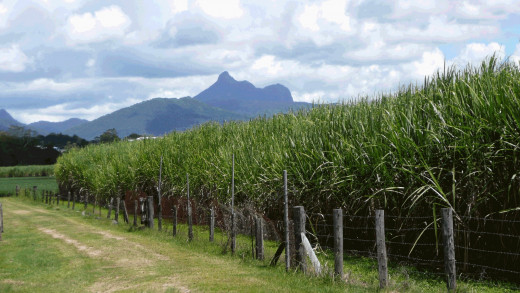

A Brief and Dark History of the Sugarcane
Approximately 10,000 years ago, sugarcane was domesticated on the island of New Guinea. Sugarcane was considered to be a sacred plant for the native people and was used as an elixir for illness and mood swings. Even priests practiced sipping sugar water from coconut shells during religious ceremonies.
Knowledge of sugar developed slowly throughout adjacent islands, and around 1,000 B.C. it reached the Asian mainland. By 500 A.D., India was processing sugar into a powder and using it medicinally to treat headaches, upset stomach, and impotence. During this time, processing sugar powder was a "secret science," and was carried down only from master to apprentice until the 15th century. By this time, the recognition of sugar had spread to Persia.
When Arab armies conquered the region, they gained access to the "secret science" of sugar, accomplished sugar refinement, and created the first sugar industry. After gaining access to that knowledge, the Arabs who accomplished sugar refinement and created the first sugar industry. The work was extremely labor intensive. The "field hands" were mostly prisoners of war, sentenced to toil under the hot sun. This began the downward spiral of mankind's ruthless conquest for fast, easy sugar.
British and French crusaders were the first Europeans to discover and fall in love with the sugarcane and had revered it as a spice. In 1493, the European lust for sugar encouraged the travels of the Portuguese prince, Henry the Navigator, who sent sugarcane to Madeira. Along with colonists, the crop migrated to the Atlantic islands. In the same year, Columbus brought sugarcane with him in his travels to the New World. Sugar was now affecting most of the people of the world.
The western development of sugar led to the mass enslavement of native peoples. By the 17th century, more than 100,000 Brazilians were enslaved to the Portuguese. By the 18th century, slavery reached Puerto Rico and Trinidad. When the native slaves died, the Portuguese would import African slaves to manage the sugarcane fields. Millions of slaves died in the Caribbean islands while in the fields, the pressing houses, or trying to escape their captors.
Some Europeans did not agree with the abhorrent treatment of the men and women working the sugarcane fields, and many households boycotted the sugarcane product. Still, in 1800, the average common man consumed 18 pounds of sugar a year.2
Sugar Extraction - Granulation Forms
White
| Brown
| Liquid
|
|---|---|---|
"Regular" sugar; classic white.
| Turbinado sugar; this sugar is raw and partially processed so that only the surface molecules have been washed away.
| Invert sugar; is the product of sucrose being split into glucose and fructose. It is sweeter than white sugar. Liquid sugar comes in many forms, and is mainly used for recipes that require sugar to be dissolved in water before use.
|
Fruit Sugar; very fine powder used in dry mixes such as gelatin.
| Evaporated Cane Juice; it is produced directly from the sugar cane. It is free flowing, with a light golden color and a hint of molasses flavor.
| |
Bakers Special Sugar; Finer than fruit sugar, used for baked goods.
| Brown Sugar- Light and Dark; retains some surface molasses syrup.
| |
Superfine, ultrafine, or bar sugar; the finest of all granulated sugars. used for delicate desserts.
| Muscovado or Barbados sugar; classified as a British specialty brown sugar, it is a deep dark brown with strong molasses flavor. The crystals are somewhat coarser and sticker than regular brown sugar.
| |
Coarse Sugar; sugar crystals are larger, and more resistant to breaking down. Coarse sugar is synthesized when molasses-rich syrups, high in sucrose, crystallize.
| Free-flowing brown sugars; are speciatly products. It is brown sugar processed to yield a drier, finer product that resembles the texture and consistency of white sugar.
| |
Sanding Sugar; Also a large crystal sugar, used to sprinkle on top of baked goods. It is highly reflective, known for it's "sparkling appearance."
| Demerara sugar; it is a light brown sugar with large golden colored crystals. Somewhat sticky, it is used in tea, coffee, or on top of hot cereals.
|
See citations 3
Citations
1.The Accidental Scientist: The Science of Cooking
2.National Geographic Magazine: Sugar Love, by Richard Cohen. August 2013
3. The Sugar Association: Types of Sugar
4. How Stuff Works: How Sugar Works by Jacob Silverman
5. Livestrong: Importance of Sugar in the Human Body
6.Livestrong: The Effect of Refined Sugar on the Body



